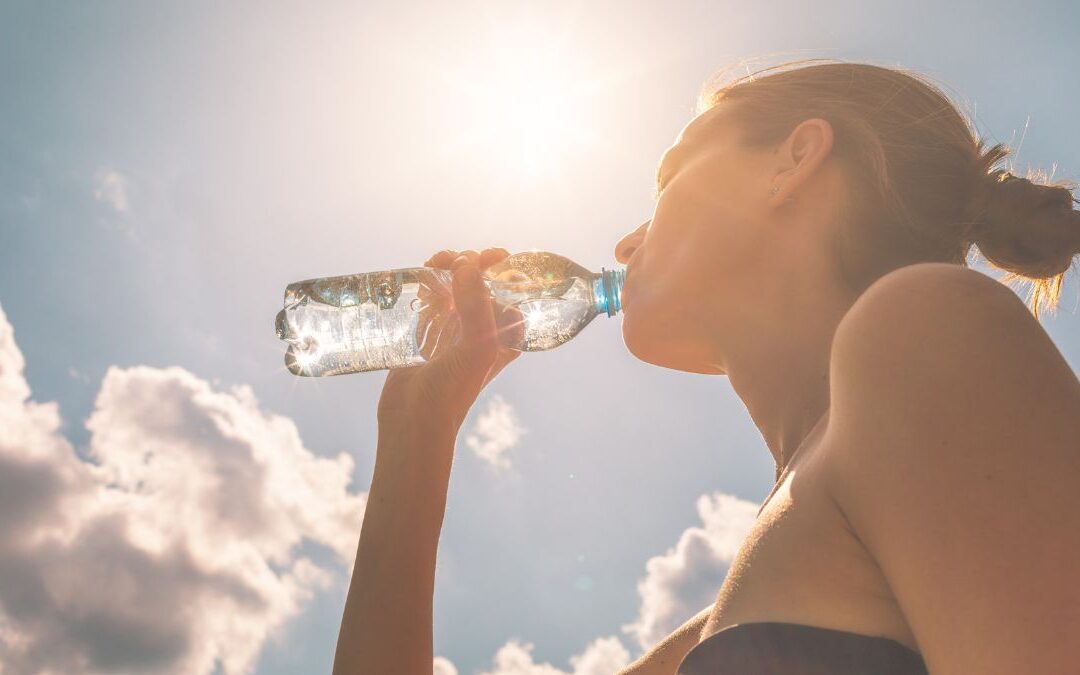Hydration: Why Drinking Enough Water is Crucial for Health
Hydration plays a vital role in maintaining overall health. Water is essential for nearly every bodily function, including regulating body temperature, removing waste, and protecting tissues. Yet, many people fail to drink enough water, leading to dehydration and its associated health risks. Let’s explore why staying hydrated is so important and how it supports long-term health.
How Water Supports Your Body
Water is crucial for your body’s day-to-day functions. Every cell, tissue, and organ relies on water to perform optimally. Here are some of the ways water keeps you healthy:
- Regulates Body Temperature: Water helps regulate your internal temperature through sweating and respiration, preventing overheating and maintaining homeostasis.
- Aids in Digestion and Nutrient Absorption: Water is essential for breaking down food and absorbing nutrients. It also helps dissolve vitamins, minerals, and other nutrients to be absorbed by the body.
- Prevents Kidney Stones and Urinary Tract Infections: Staying hydrated dilutes minerals and waste products in your urine, reducing the risk of kidney stones and urinary tract infections (UTIs).
Signs of Dehydration
Dehydration occurs when your body loses more water than it takes in. Common symptoms of dehydration include:
- Dry mouth and skin.
- Fatigue or dizziness.
- Dark-colored urine.
- Headaches. Severe dehydration can lead to complications like heatstroke or kidney failure, making it crucial to address early signs of dehydration.
How Much Water Should You Drink?
The amount of water each person needs varies depending on factors like age, activity level, and climate. However, the common recommendation is to drink at least 8–10 cups of water per day. This amount may increase if you’re physically active, in a hot environment, or pregnant.
Tips for Staying Hydrated
- Carry a reusable water bottle with you throughout the day.
- Eat foods with high water content, such as cucumbers, melons, and leafy greens.
- Set reminders to drink water, especially during busy or active times.
- Drink water before, during, and after physical activity to maintain proper hydration levels.
Medical Disclaimer: The content provided in this article is intended for general informational and educational purposes only and should not be construed as medical advice, diagnosis, or treatment. The information presented is not a substitute for professional medical guidance, diagnosis, or treatment from a licensed healthcare provider. Always seek the advice of your physician or qualified healthcare provider with any questions you may have regarding a medical condition, and never disregard professional medical advice or delay seeking it because of something you have read in this article.
The author and publisher of this article make no representations or warranties concerning the accuracy, applicability, or completeness of the content provided. Any reliance you place on such information is strictly at your own risk. This article is provided “as is” and without any warranties of any kind, either express or implied. The author specifically disclaims responsibility for any liability, loss, or risk, personal or otherwise, incurred as a consequence, directly or indirectly, from the use or application of any of the content herein.
By reading this article, you acknowledge and agree that no physician-patient relationship is established between you and the author. The author is not liable for any actions taken based on the information in this article. If you think you may have a medical emergency, contact your doctor, go to the emergency department, or call emergency services immediately.
